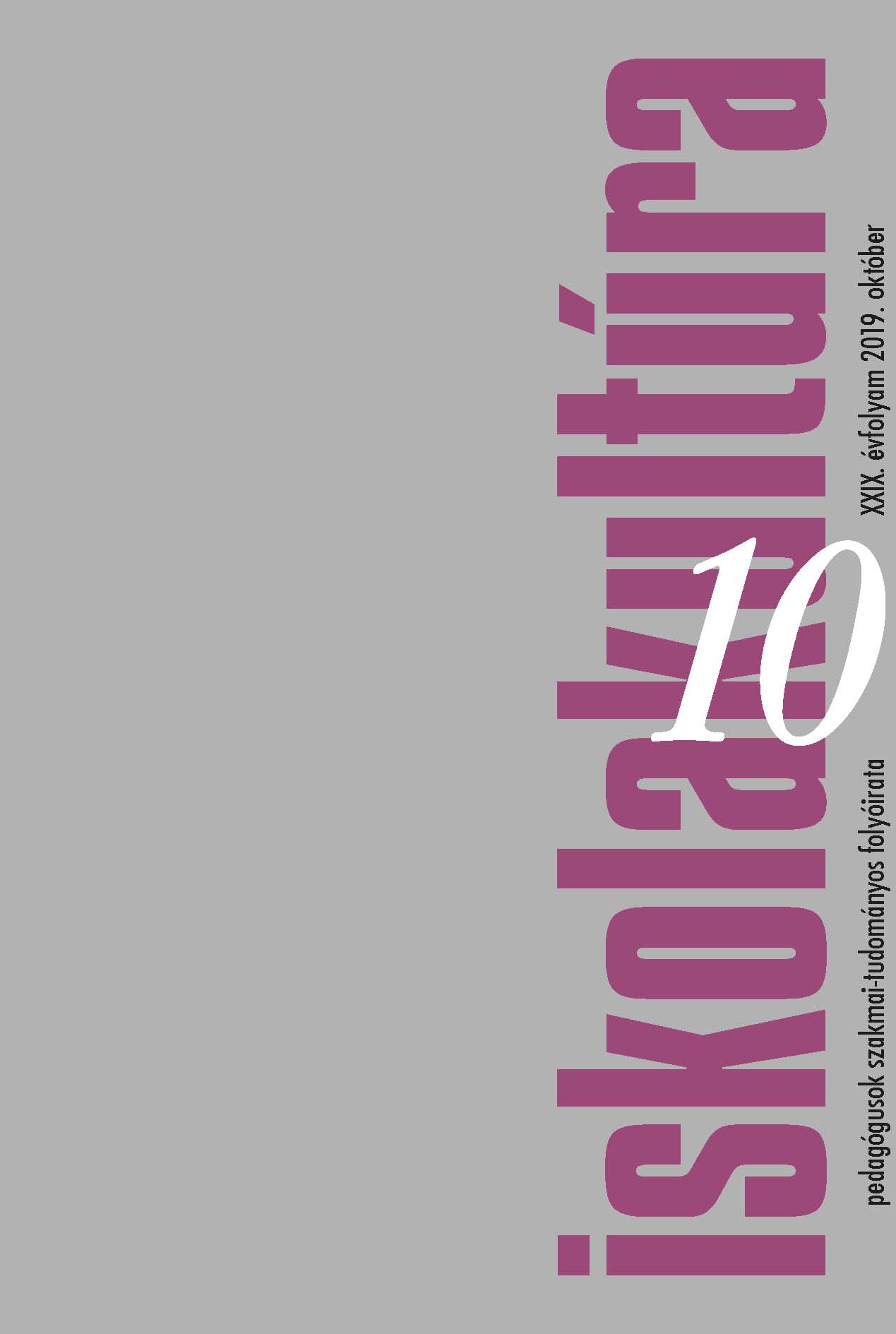Changing attitudes in the usage of slang
Main Article Content
Abstract
The paper discusses a particular linguistic and social issue that arises in an increasingly spectacular manner with respect to present-day Hungarian language use: it explores the linguistic attitudes that members of the rising generation have towards slang, a phenomenon that has played a variety of roles and has been changing over time not only in its word stock but also in terms of its position within the linguistic system and its stylistic properties. The paper also investigates how it affects the linguistic mentality of older members of the Hungarian speech community and vice versa, and which kind of linguistic and social changes are behind this phenomenon.
The study is mainly based on objective and subjective linguistic data that were collected by different methods from youngsters, and also adds opinions of older village-people to the observation. Most items of the literature investigate the definition of slang from the viewpoint of its functions. By exploring the changes of these functions and some extralinguistic factors of this change present research draws attention to the fact that the appearance of slang in formal language use is not consequence of youngsters’ linguistic and/or communicative (in)competences in every case but a consequence of a changing mentality of a changing society. Therefore, pedagogical practice in connection with slang is worth to re-think.

